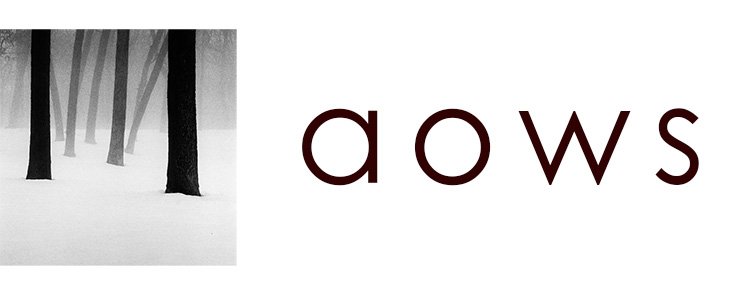I went to Venice yesterday. Even though I visited as a tourist and spent little time making images, I still brought my cameras and tripod with me. Just in case.
I also used my phone, of course.
Every time I use both systems for "image making" (not just snaps), I see how camera companies are losing to the increasingly more powerful smartphones. And I can't believe they aren't reacting.
The megapixel race has ended a while ago. Sensors are getting better and better, but it doesn't matter that much anymore. They are good enough, they have been for a while. Today, and in the foreseeable future, is the software that makes the difference.
iPhone 7 Plus
Just an example:
Phone: I was able to make handheld long exposures, no need for tripod or ND filters. And they look good.
Camera: I had to carry a cable remote all day because I can't even tell the camera to take a long exposure for 2 minutes.
It's not about the lack of features, it's about how we get them on our phones. Cameras are closed systems only the camera companies are allowed to enter. Phones are open to any developer with an idea, and the result is apps that enable photographers to do things that were unthinkable not too long ago.
Even the tiniest improvement on phone hardware can make a huge difference, it's a gateway to new innovations no one has even thought of just yet. Cameras, on the contrary, are static objects that are limited to the cold specs they offer when they are launched.
iPhone 7 Plus
I dream of the day I can make a long exposure by handholding my camera. Or the day a camera can capture "depth" the way my phone does, to simulate "bokeh" and isolate subjects. The day most buttons and dials go away to allow for more customizable interfaces that adapt to every situation, while at the same time making cameras really weather-sealed.
Smartphones are getting there, if not already there. Cameras stick to old designs and old ideas.
iPhone 7 Plus
Camera manufacturers are losing this battle and they are going to become irrelevant if they don't change course. They've already lost most of the consumer market, and it's just a matter of time before enthusiasts and professionals head the same way. Digital cameras are destined to become a niche within photography, the same path film photography followed years ago.
PS - The Zeiss ZX1 was the only one I'd seen trying something different, but it hasn't seen the light of the day yet. Too late, too limited, too slow.
PPS - Smartphones have their own battle to fight: as devices that can do everything, they are too distracting. Perhaps, purchasing one phone for personal use and another one to use exclusively for photography is the solution to this problem.
